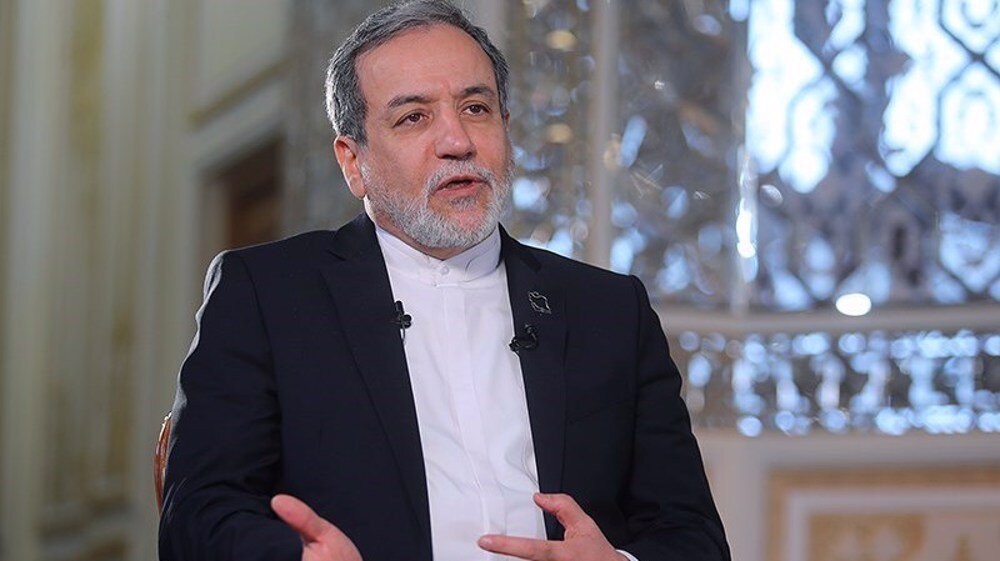‘Harsh and decisive response’ will follow ‘snapback’ activation, Iran warns

TEHRAN — Iranian Foreign Minister Abbas Araghchi has cautioned that any attempt to trigger the so-called “snapback mechanism” to reimpose United Nations sanctions on Iran will be met with a “harsh and decisive” response from Tehran, signaling a firm line as indirect nuclear talks with the United States continue.
Araghchi delivered the warning during a closed-door briefing to the Iranian Parliament’s Committee on National Security and Foreign Policy on Sunday. The session came just two days after the fifth round of indirect negotiations between Tehran and Washington was held in Rome, with mediation once again provided by Omani Foreign Minister Badr Albusaidi.
Leading Iran’s delegation, Araghchi described the latest round as “one of the most professional” sessions the two sides have held so far. He stressed that the Islamic Republic remains firm in defending its national interests and that its positions have been “fully and clearly” communicated to the American side.
“Our stance in the talks is rooted in principles that are not subject to change,” Araghchi told reporters following the meeting. “We reaffirmed our positions during this round with clarity and resolve. Iran will not negotiate under pressure.”
According to Ebrahim Rezaei, spokesperson for the parliamentary committee, Araghchi told lawmakers that Iran’s nuclear policy remains “wise, transparent, and immune to pressure, threats, or inducements.” Rezaei also cited the foreign minister’s remarks about the Israeli regime’s continued opposition to Iran’s uranium enrichment program, warning that “any conflict in the region will affect all countries and destabilize the entire Middle East.”
Addressing one of the proposals discussed in the Rome negotiations, Araghchi noted that Iran is open to the idea of a regional uranium enrichment center but emphasized that such cooperation would not come at the cost of halting domestic enrichment. “Iran’s right to carry out enrichment activities within its borders is non-negotiable,” Rezaei quoted him as saying.
The foreign minister also stressed that Iran has never abandoned diplomatic engagement. “We remain committed to diplomacy and continue negotiations with seriousness and determination,” he said.
Since April, Tehran and Washington have held five rounds of indirect negotiations—three in the Omani capital of Muscat and two in Rome—focused on resolving outstanding differences over Iran’s nuclear program. However, Iranian officials have voiced frustration with the U.S.’s inconsistent and shifting positions, warning that such behavior undermines the trust required for meaningful progress.
“The Americans’ contradictory statements are unhelpful and detrimental to the negotiation process,” Araghchi warned during his briefing.
During his first term in office, Trump withdrew the United States in 2018 from the 2015 nuclear deal, formally known as the Joint Comprehensive Plan of Action (JCPOA), and launched a maximum pressure campaign against the country.
Trump restored that policy after returning to the White House for a second term in January, but he has since signaled a willingness to make a new deal to replace the deal.
On March 12, Trump sent a letter to Iran’s leadership, asking for negotiations to reach a new deal.
Despite the ongoing challenges, Iran insists it remains committed to its internationally recognized rights under the Non-Proliferation Treaty (NPT) and will continue to push forward its peaceful nuclear program on its own terms.
